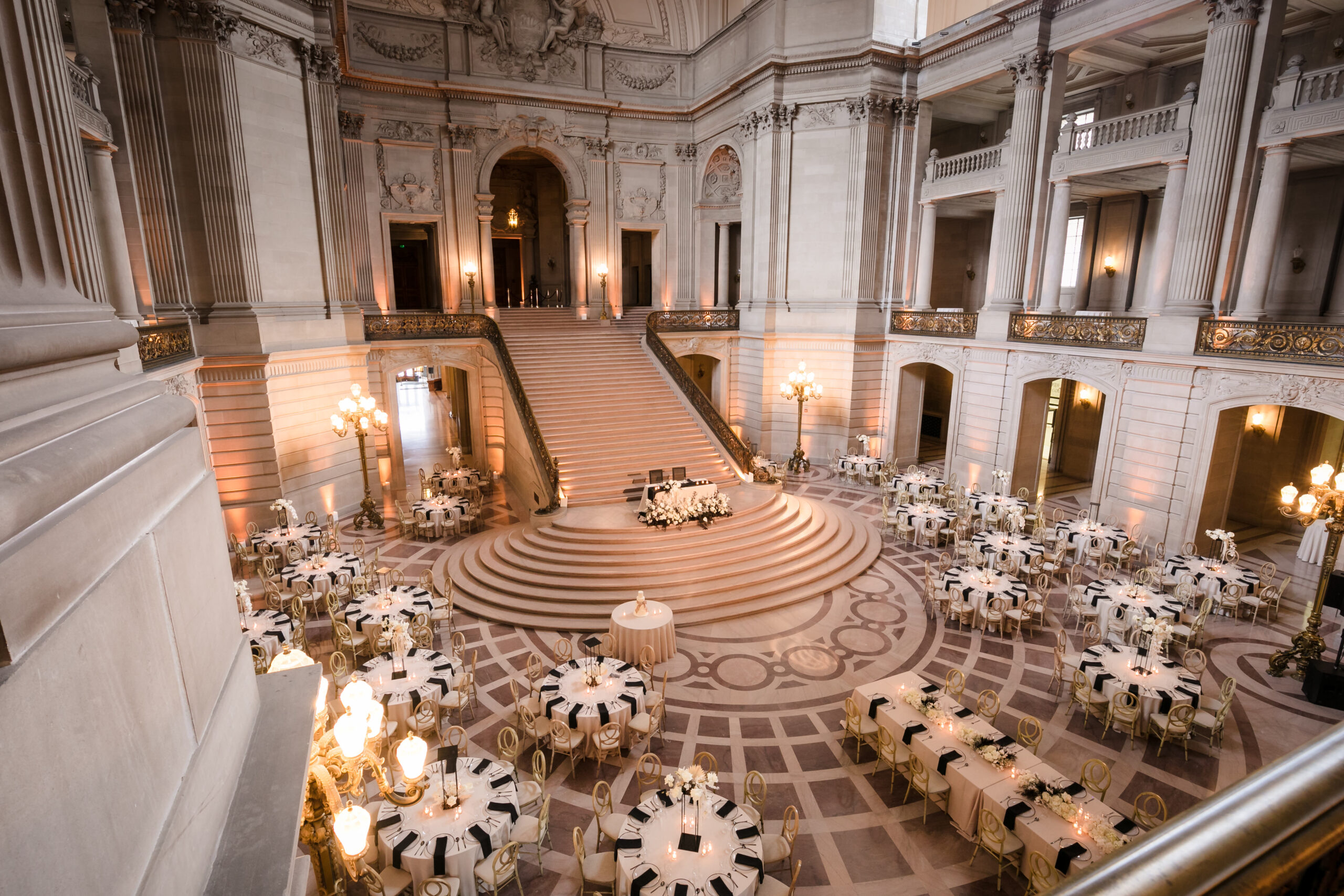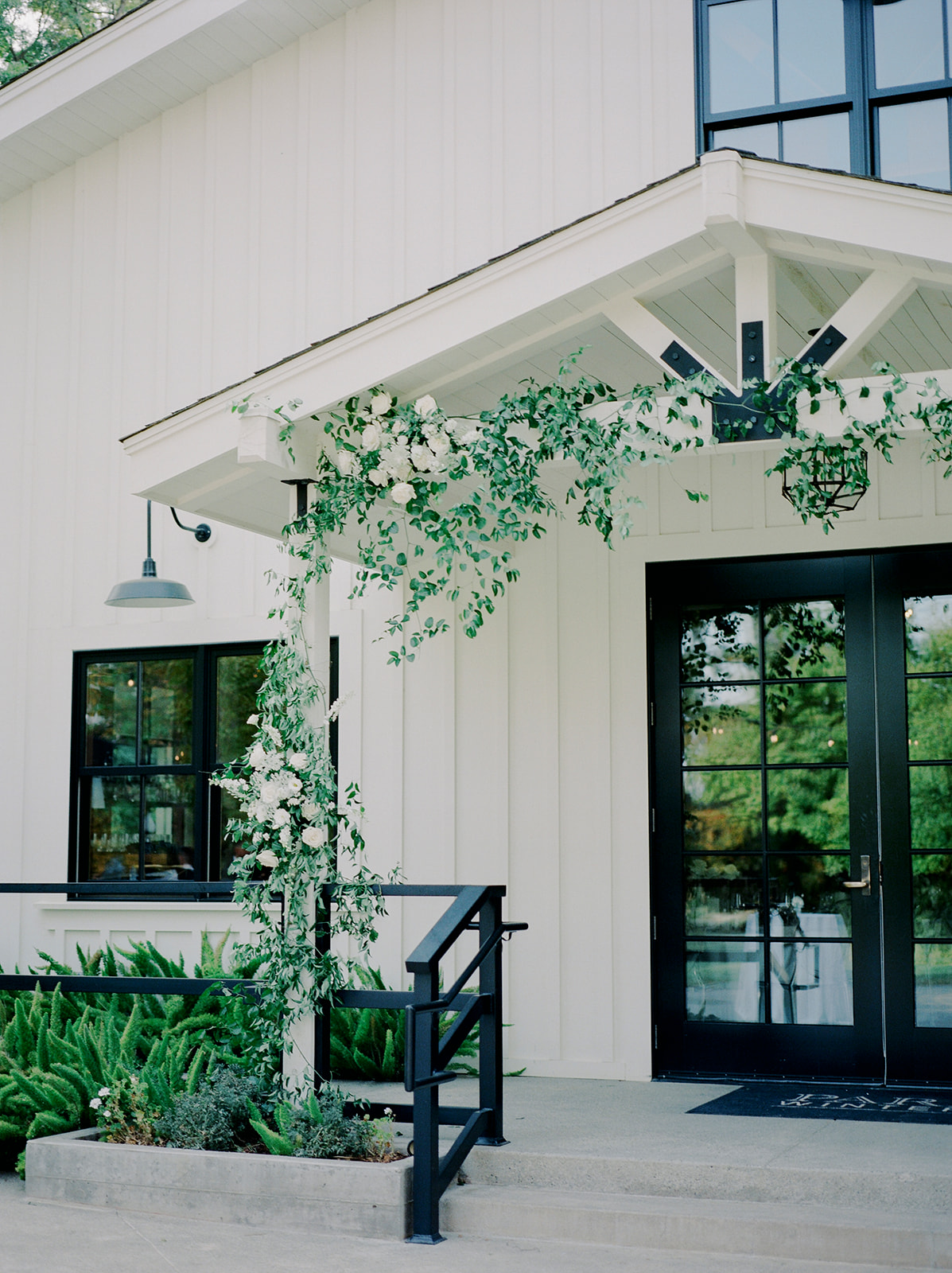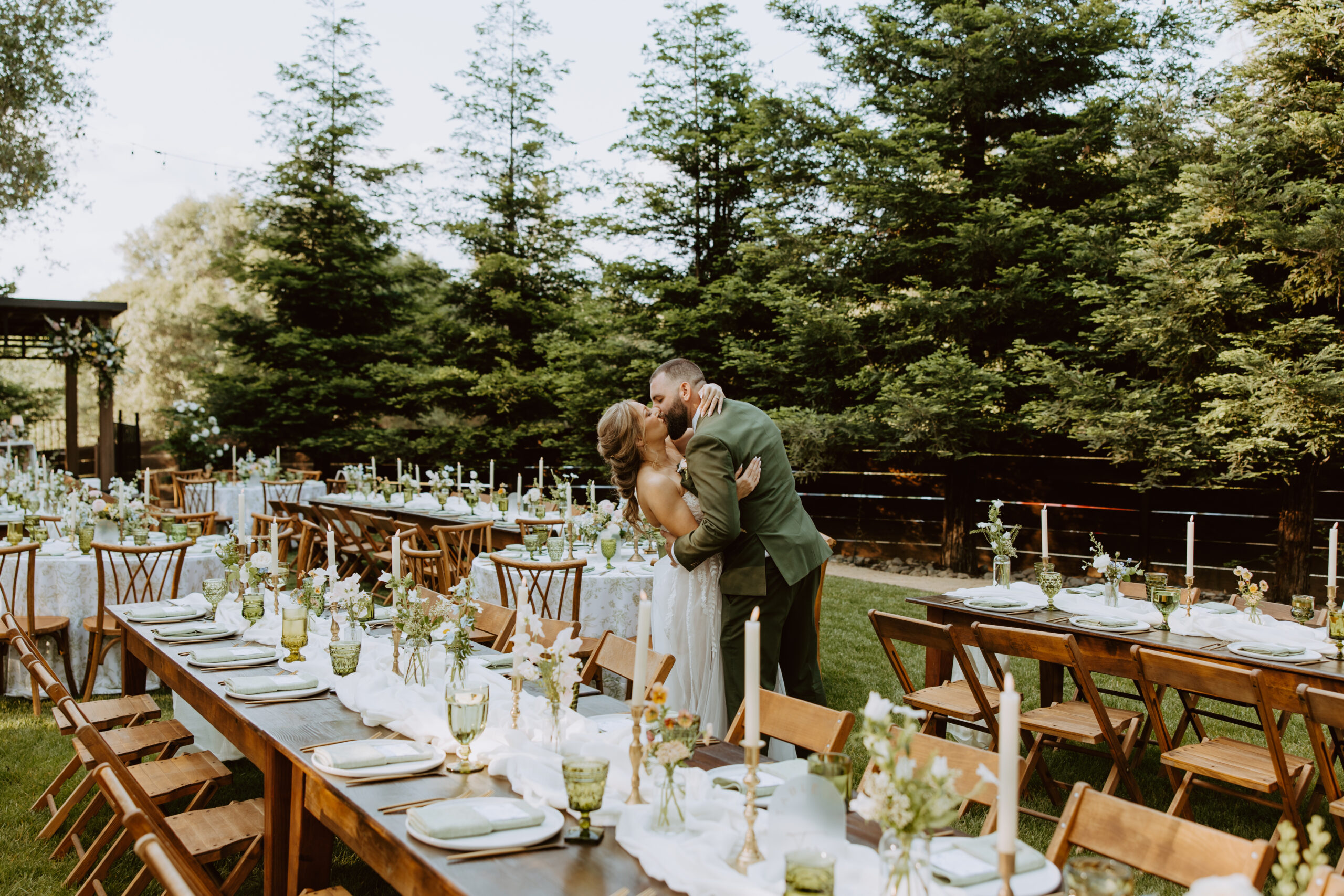Congratulations! The ring is on, the photos have been posted, and the world knows your beautiful news. You’ve officially entered “engagement season”—that magical time between saying “yes” and walking down the aisle. The joy and excitement are at an all-time high, and it’s easy to get swept up in a flurry of ideas, from Pinterest boards to venue daydreams.
But before you fall too deeply in love with a venue or a dress, there’s one crucial first step that will set you up for a stress-free and successful planning journey: consulting with a professional wedding planner.
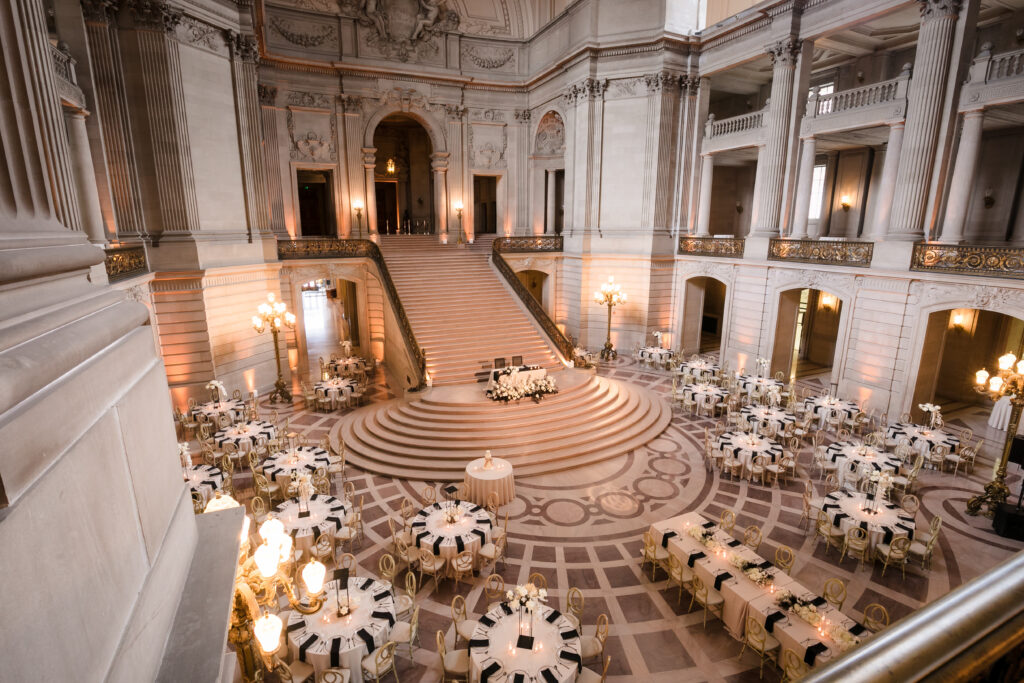
Why a Planner Should Be Your First Call
You might think that hiring a planner comes later, after you’ve locked down a venue and have a solid budget in mind. But the truth is, a planner is your greatest resource for determining what’s actually feasible in the wedding world. Your first conversation with a planner isn’t just about design—it’s about a realistic and empowering financial consultation.
Think of it this way: the wedding industry is vast, and pricing can vary dramatically. What you see online might not reflect the true cost of a full wedding day in your desired location. A great planner has their finger on the pulse of the market. They know the average cost of a full floral installation, the typical price for a band versus a DJ, and the difference in catering costs between a plated meal and a buffet.
By having an honest conversation with a planner about your financial comfort zone and priorities, they can immediately help you understand what’s possible. Asking questions like:
- “What is your maximum spend limit for the entire wedding?”
- “What three elements are most important to you: the food, the entertainment, or the photography?”
- “Are there any specific cultural or design elements you absolutely can’t live without?”
This isn’t about being restrictive; it’s about being strategic. A planner’s expertise allows them to provide a realistic roadmap, showing you how your budget can be allocated to achieve your dream day. They can guide you on where to invest, where to save, and what to expect from vendors in your price range.
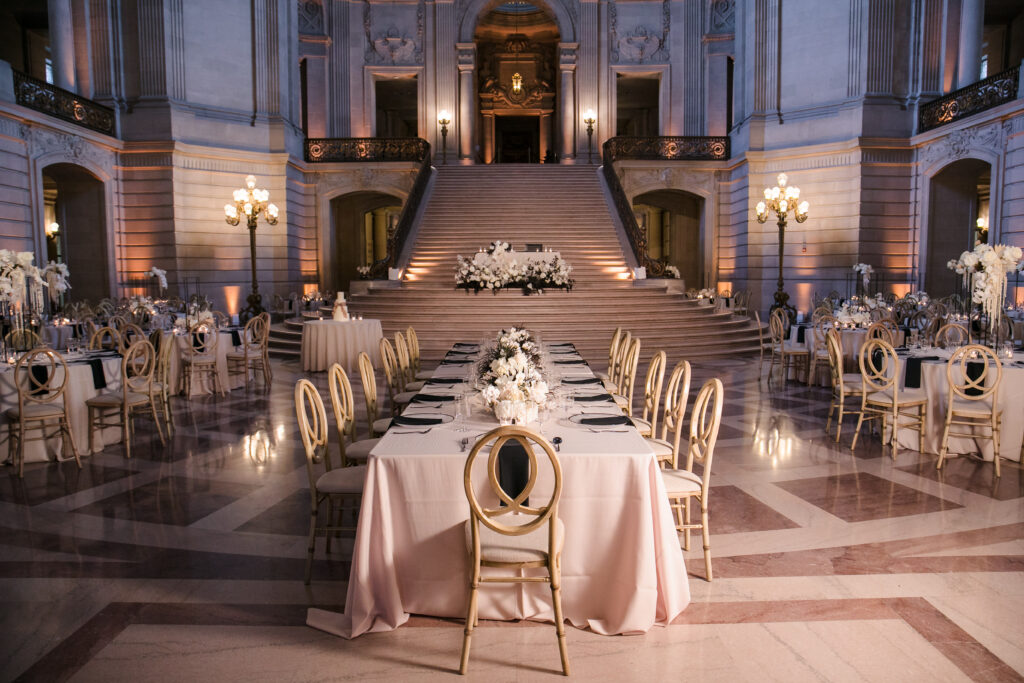
Your Planner as Your Financial GPS
Without this initial consultation, you run the risk of falling in love with a venue that consumes your entire budget, leaving you with little left for the photographer you had your heart set on let alone the other vendors you absolutely need for the type of event you’re looking to host. Or you might commit to a certain number of guests before realizing the price per-person costs of food, drinks and decor.
A planner acts as your financial GPS. They’ll help you navigate the wedding landscape and ensure you’re on a path that leads to a beautiful celebration without unnecessary financial stress. They’ll start building a cohesive plan that respects your budget from the very beginning, allowing your creative vision and financial reality to work harmoniously together.
So, as you bask in the glow of your new engagement, take that first, most important step: schedule a consultation with a professional planner. It’s the best way to turn your wedding dreams into a beautiful, and financially sound, reality.
read this post
When you envision your wedding day, the venue often sets the stage – literally. From breathtaking ballrooms to rustic barns, your chosen location provides the backdrop for your celebration. But what exactly are your venue’s responsibilities when it comes to the intricate dance of planning, and why do so many top-tier venues insist on a professional planner or coordinator being part of your team? Let’s demystify the roles and reveal why a planner is truly invaluable.
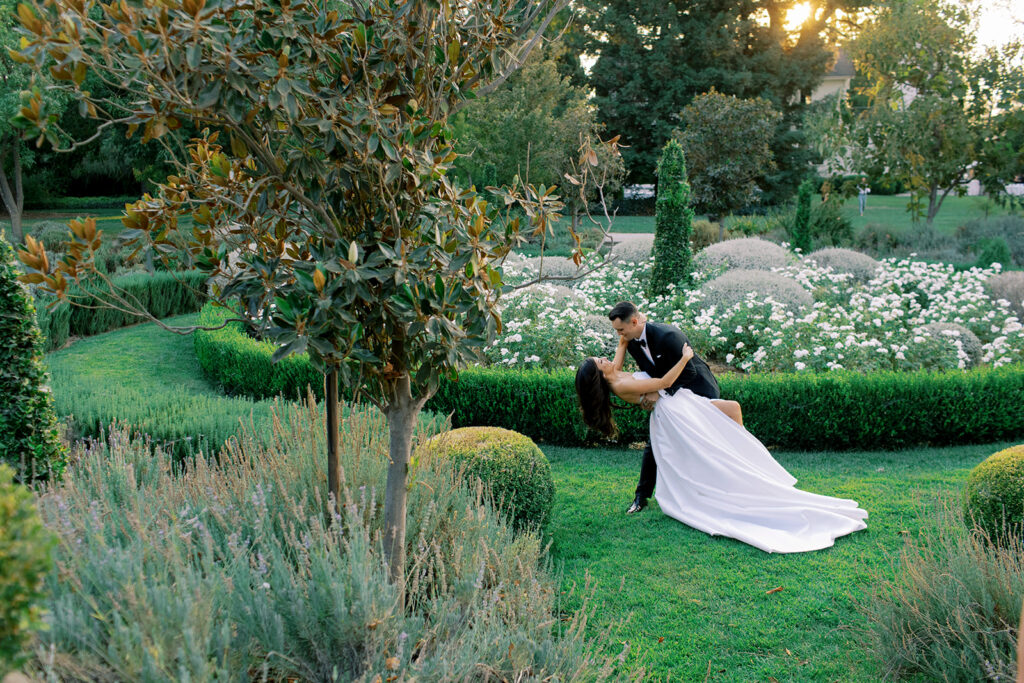
What Your Venue Provides (and What They Don’t)
Your venue is a vital partner, typically providing the space itself, and often handling in-house catering and bar services. They are responsible for setting up their own inventory – this includes their tables, chairs, and any other items they own and offer as part of your package. They are experts in their space and their in-house offerings.
However, it’s crucial to understand where their responsibilities typically end. Your venue is not responsible for:
- Outside Rentals: Any tables, chairs, specialty linens, lounge furniture, or decor you bring in from a third-party rental company are not the venue’s responsibility to set up. That task falls to the rental company’s delivery crew, and it’s the planner’s role to ensure that labor is requested and coordinated on your rental order.
- Personal Item Storage & Setup: While they provide the space, venues generally do not have the capacity or responsibility to store your personal decor items, DIY projects, guest favors, or even fresh flowers you might bring in before or after the event. Nor are they responsible for setting up these items.
- Placing Rental Orders: The venue manager is there to confirm what they provide, but placing orders for external rentals is either the client’s responsibility or, more commonly and efficiently, the planner’s. Without a planner, this significant task falls squarely on the couple’s shoulders.
This distinction is key. Your venue manager’s primary focus is on the venue itself, its operations, and its in-house services. They are not typically equipped, nor are they contracted, to manage the myriad of external vendors and intricate setup details that make up a complex wedding day.
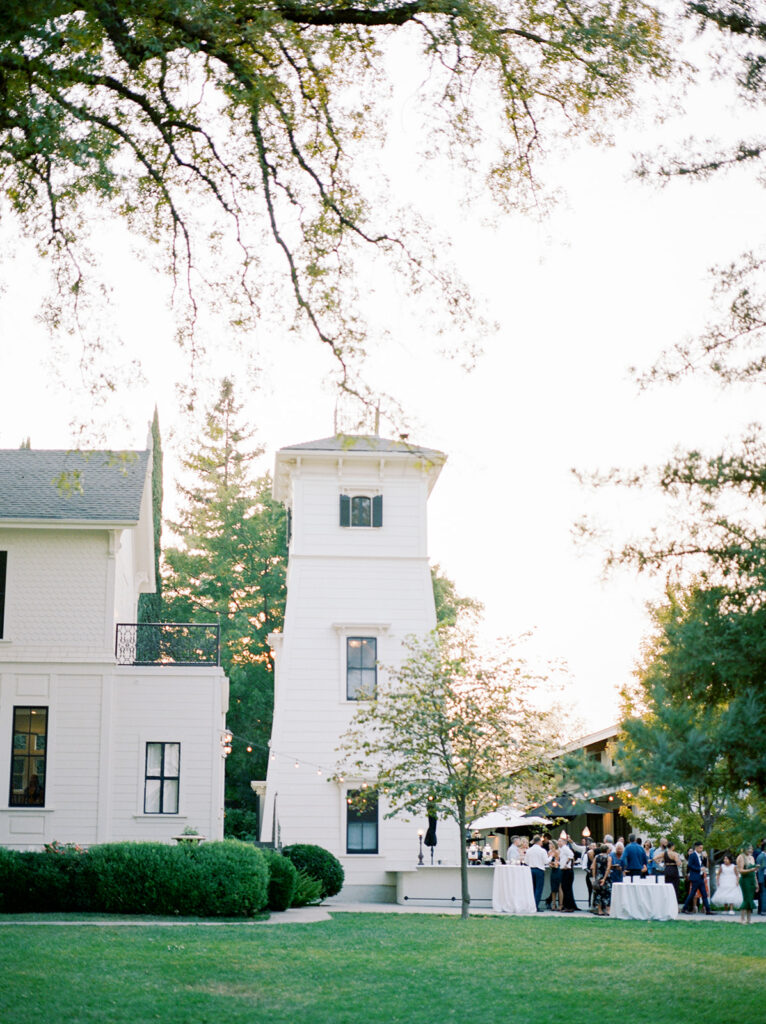
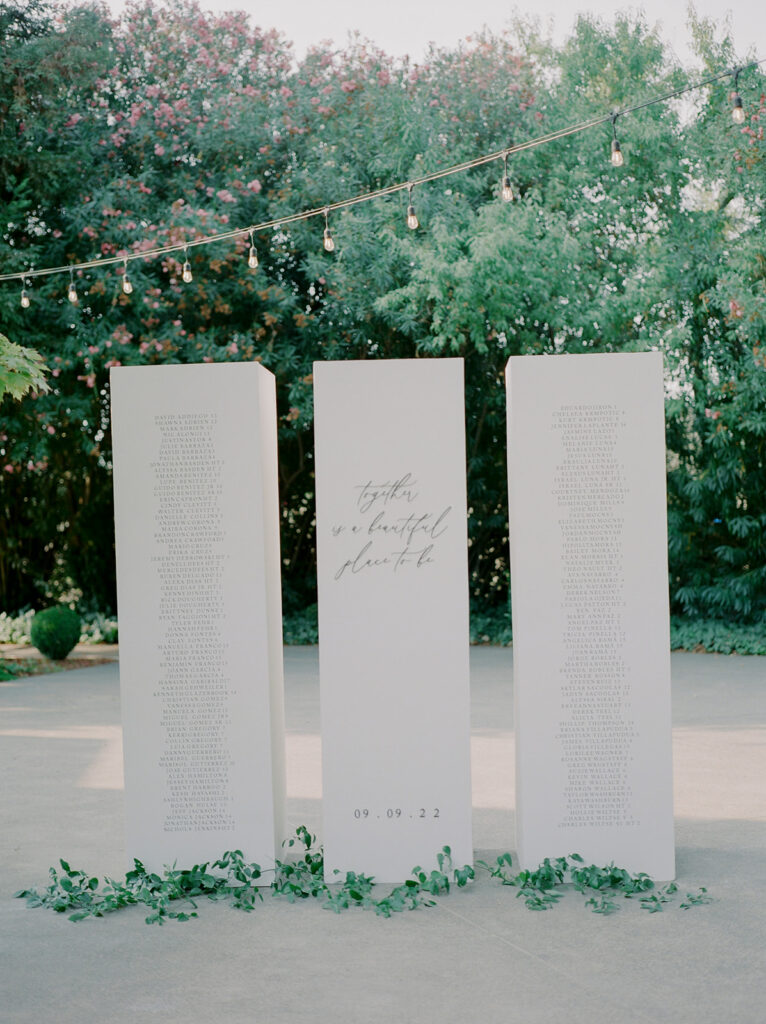
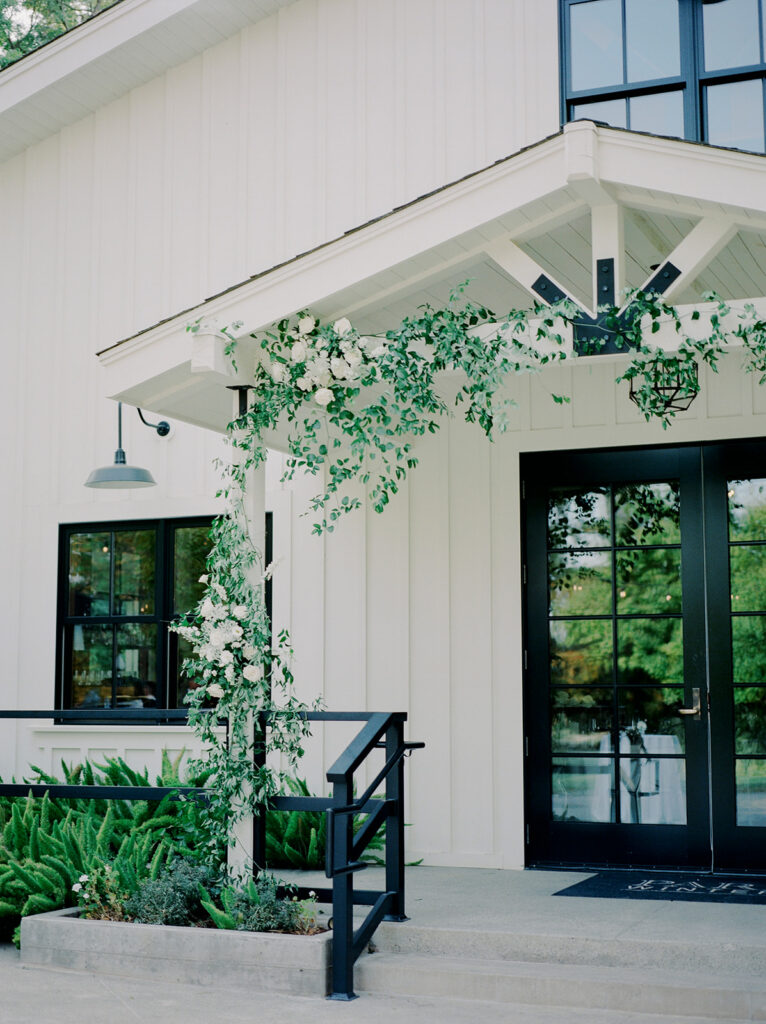
The “Red Flag” Test: Why a Professional Planner is Often Required
You might notice that many sought-after venues, especially those known for high-end or logistically complex events, require you to hire a professional wedding planner or at least a day-of coordinator. This isn’t just a suggestion; it’s often a non-negotiable term in their contract. And frankly, if a venue doesn’t require one, that should be a significant red flag for you as a client.
Here’s why this requirement exists and why it benefits everyone involved:
- Seamless Execution & Communication: A professional planner acts as the central hub for all communication. They hold pre-event meetings, create detailed timelines, and are the designated point person for all vendors on the event day. This means the venue manager isn’t fielding calls from florists, DJs, photographers, and caterers all at once. Communication is dialed in, efficient, and proactive.
- Expertise & Problem Solving: Weddings are complex, live events. Things will happen unexpectedly. A professional planner is experienced in anticipating issues, troubleshooting on the fly, and making quick, informed decisions to keep the day on track without burdening the couple or the venue staff.
- Vendor Harmony: Professional vendors, from caterers to photographers to florists, universally prefer working with a coordinator. Why? Because they know their questions will be answered promptly, the timeline will be accurate, and there will be a clear, professional point of contact for any needs or changes. This leads to smoother operations and ultimately, a better experience for everyone.
- Protecting the Venue (and You!): A licensed and insured professional planner understands the intricacies of event logistics, safety protocols, and vendor management. They ensure that all external vendors adhere to venue rules, minimizing risks and protecting both the venue and the couple from potential issues.
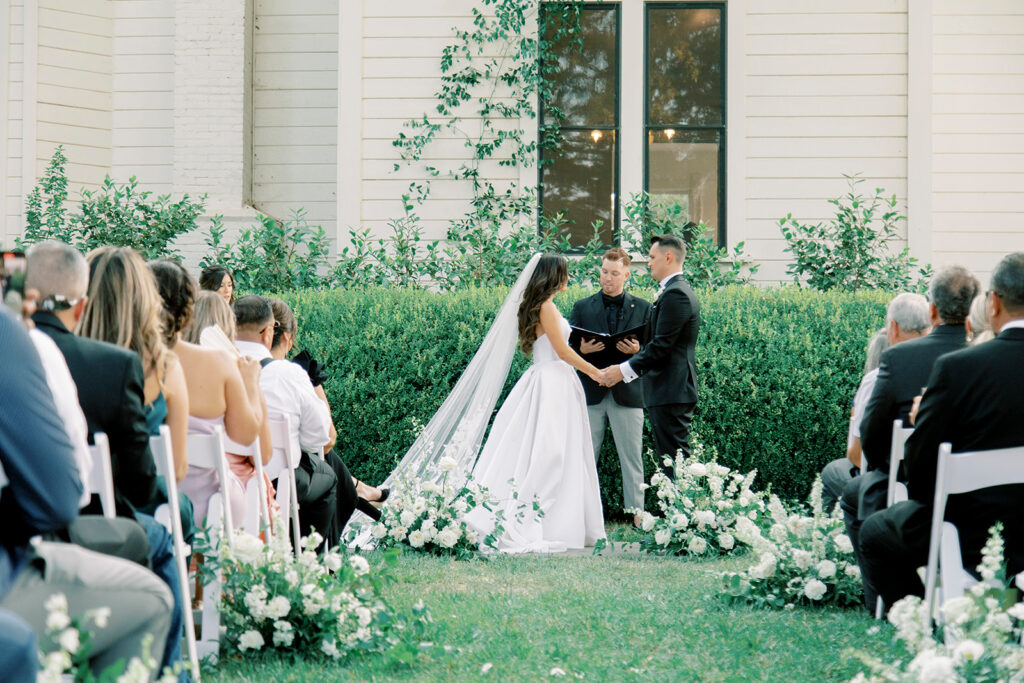
The Professional vs. The Well-Meaning Friend/Family Member
Sometimes couples consider asking a highly organized friend or family member to step in as their “coordinator.” While their love and willingness to help are invaluable, this is rarely a substitute for a professional.
- Lack of Objectivity & Experience: A friend or family member, no matter how organized, lacks the professional distance and experience to handle vendor disputes, unexpected crises, or manage a large team of professionals they don’t regularly work with. They are also emotionally invested in your day, which can make it harder to be the objective problem-solver needed.
- Licensing & Insurance: Professional planners carry liability insurance, which is crucial for protecting all parties involved in case of an unforeseen incident. A friend or family member will not have this.
- Vendor Relationships: As mentioned, professional vendors prefer working with other professionals. It can be awkward and, frankly, unprofessional for them to receive instructions or resolve issues with someone who isn’t a seasoned industry peer. This can lead to miscommunications and frustrations that ultimately impact your day.
- Enjoying the Day: Most importantly, your loved ones should be celebrating with you, not working. Hiring a professional allows your friends and family to relax, enjoy the festivities, and be present for your special moments.
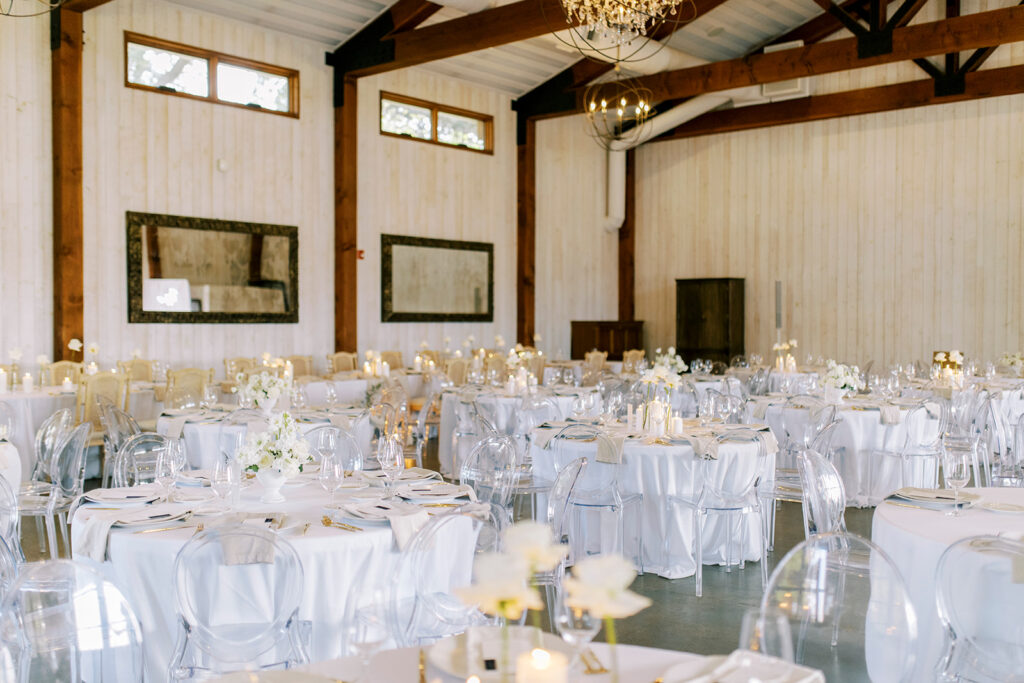
In essence, a professional wedding planner or coordinator is not just an expense; they are an investment in peace of mind, seamless execution, and the overall success of your wedding day. They are the unseen architects and conductors, ensuring that every element you’ve dreamed of comes to life flawlessly, allowing you to fully savor every moment of your celebration.
read this post
In the world of wedding planning, there’s a spectrum of support available, from full-service planners who guide you every step of the way to coordinators who ensure your meticulously laid plans come to life. We’ve talked before about the differences between hiring a full-time planner versus a coordinator, and today, I want to dive into a specific scenario: when you, the couple, are truly the planners, and what a coordinator brings to the table in that dynamic.
It’s a common misconception that hiring a planner is an all-or-nothing decision. The truth is, many couples genuinely enjoy the process of bringing their wedding vision to life, and for them, a coordinator isn’t a luxury – they’re an essential partner in execution.
So, why might a couple choose to be the primary planner and then bring in a coordinator?
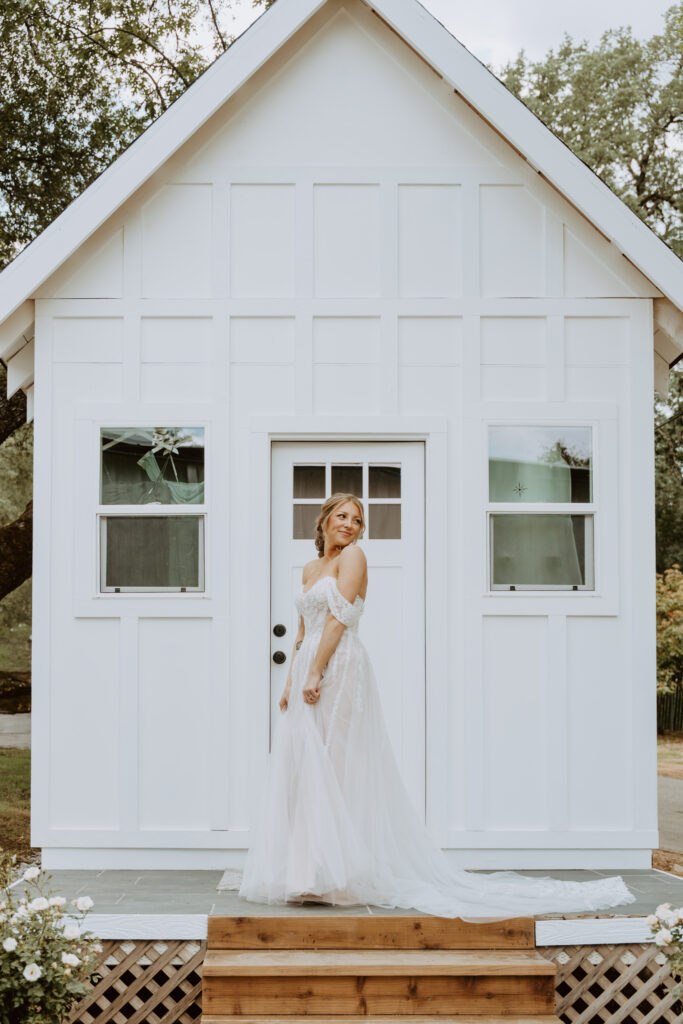
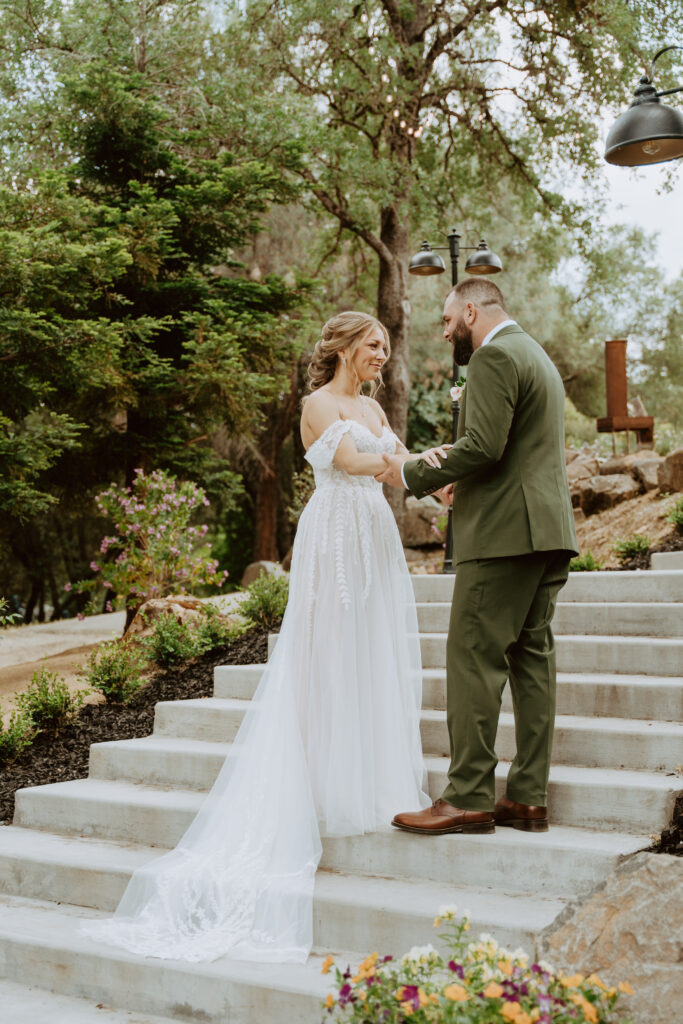
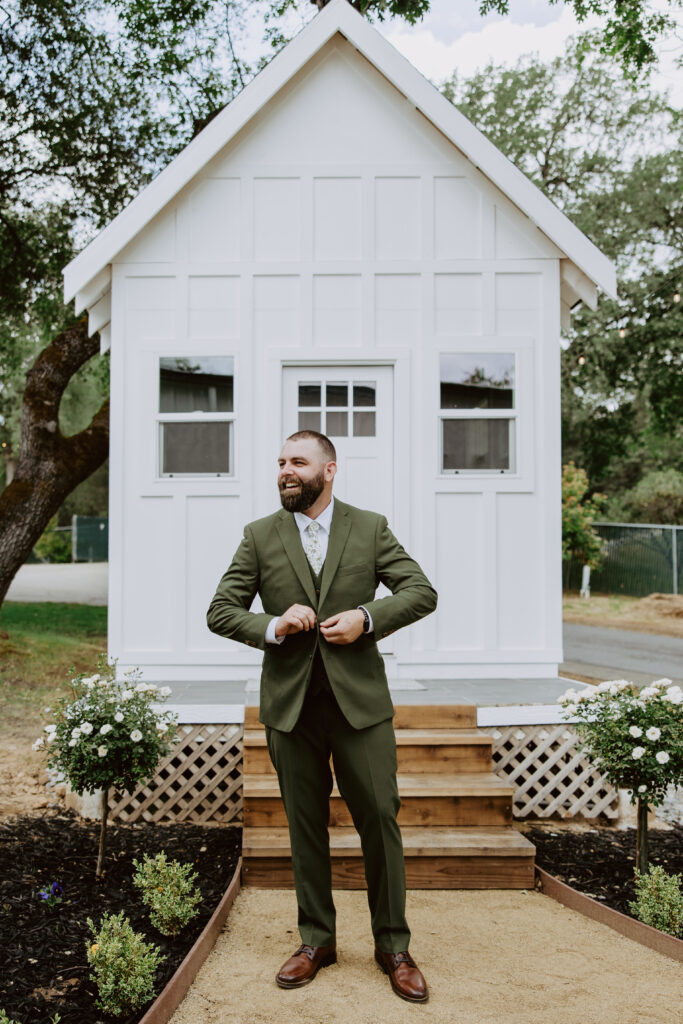
Budget Savvy & Strategic Spending
Let’s be open about it: full-service planning often aligns with a more substantial wedding budget, typically starting at $100,000 and upwards. This isn’t to say that a beautiful, meaningful wedding can’t be achieved with less – absolutely not! It simply means that a full-time planner’s comprehensive services, which involve extensive creative direction, vendor sourcing from scratch, and bespoke design, are best utilized when there’s a healthy budget to support truly custom and complex elements.
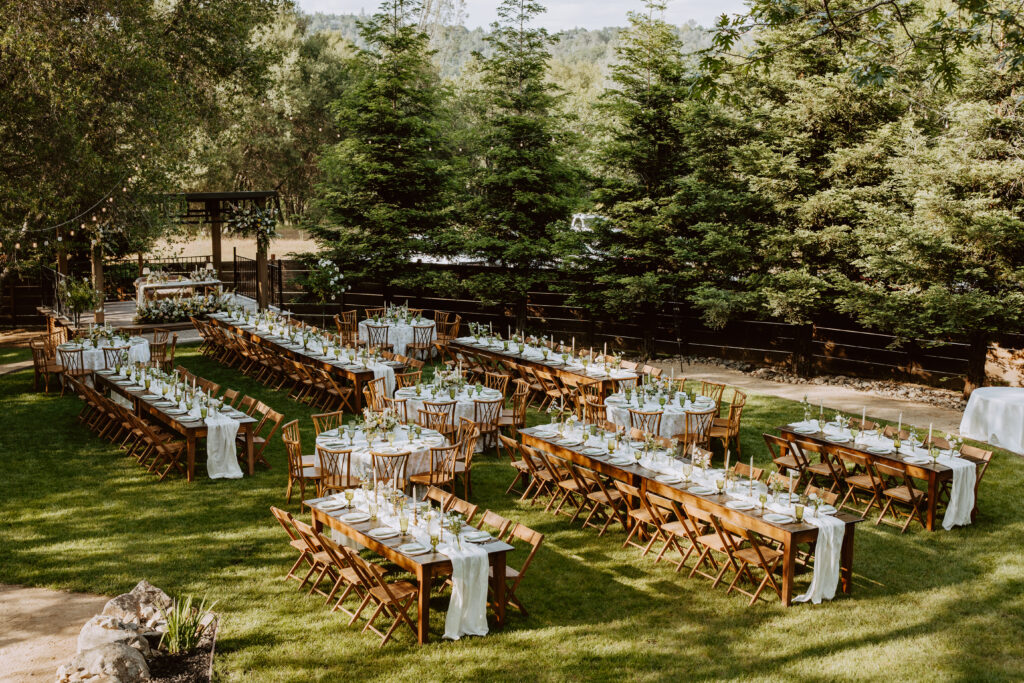
For couples working with a more modest budget, where vendors might offer standard packages or bundled deals that simplify the booking process, a full-time planner might not be the most efficient use of funds. In these cases, much of the foundational work is already streamlined by the vendors themselves, making the extensive creative and sourcing role of a full-time planner less critical. It’s about smart allocation of resources, ensuring every dollar makes the biggest impact.
You Love the Process!
Beyond budget, there are many reasons a couple might prefer to take the reins:
- Time & Enjoyment: Perhaps you have ample time to dedicate to planning and genuinely enjoy the journey. For some, project management is fun, and the idea of being hands-on with every detail is exciting, not overwhelming.
- Creative Control: You might have a very specific, unique design vision that you’re passionate about bringing to life yourself. You enjoy researching, brainstorming, and making those creative decisions.
- Vendor Communication: You’re comfortable and enjoy communicating directly with vendors, managing contracts, and overseeing the various moving parts.
- Budget Management: You prefer to keep a close eye on every expense and manage the budget personally.
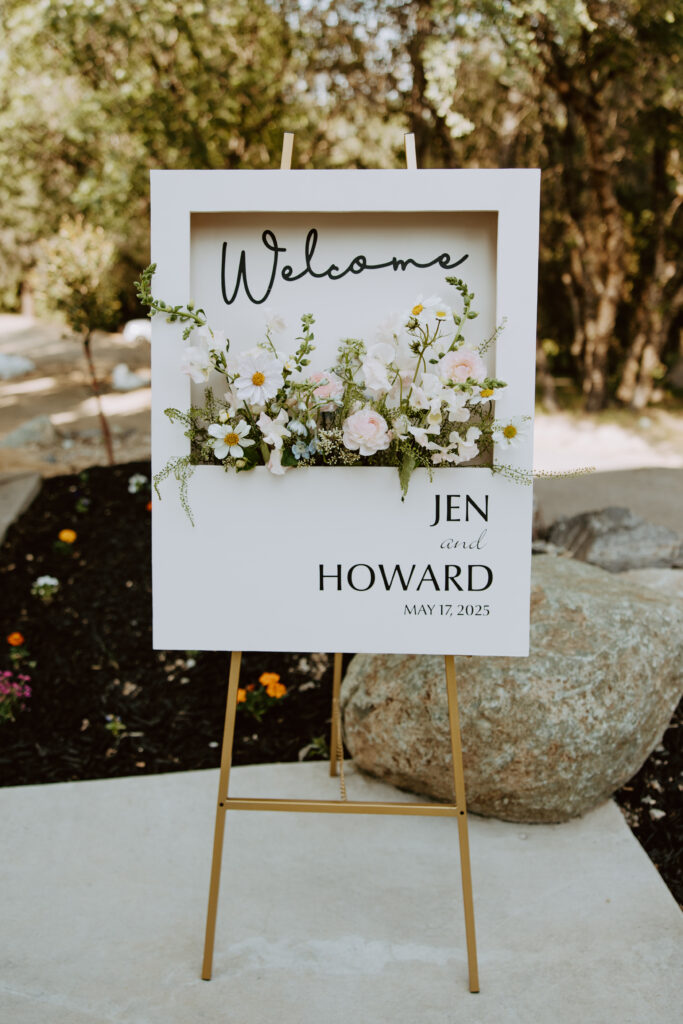
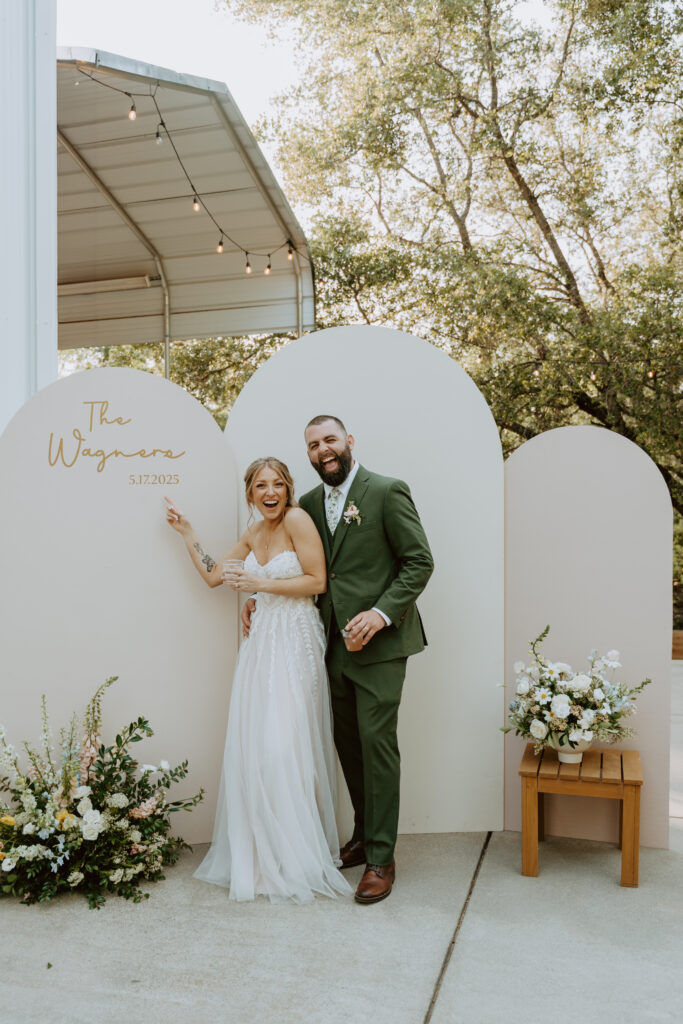
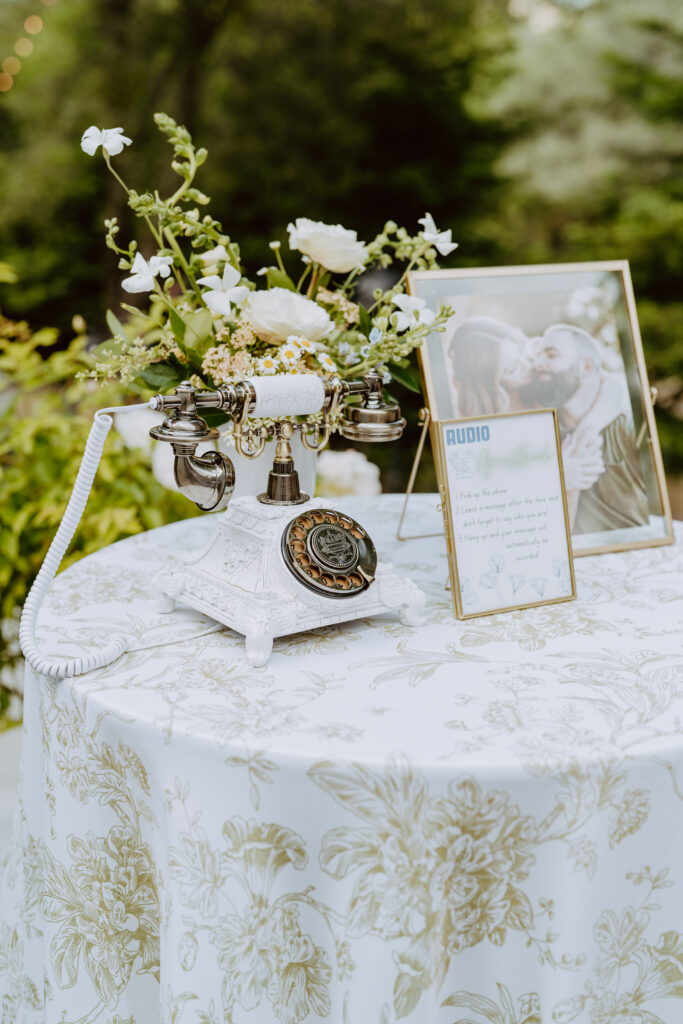
The Coordinator’s Crucial Role
This is where a dedicated wedding coordinator becomes your invaluable ally. You’ve done the heavy lifting: you’ve envisioned, sourced, communicated, and planned. Now, on the most important day, you need someone to step in and ensure every single one of those carefully planned details unfolds flawlessly.
A coordinator takes your meticulously crafted plans and translates them into seamless reality. They’ll confirm final details with vendors, create and manage the intricate event timeline, oversee all setup, troubleshoot any last-minute hiccups, guide the flow of the day, and manage the breakdown. They are the calm, experienced presence ensuring that all your hard work pays off, allowing you to fully immerse yourselves in the joy of your wedding day, rather than managing it.
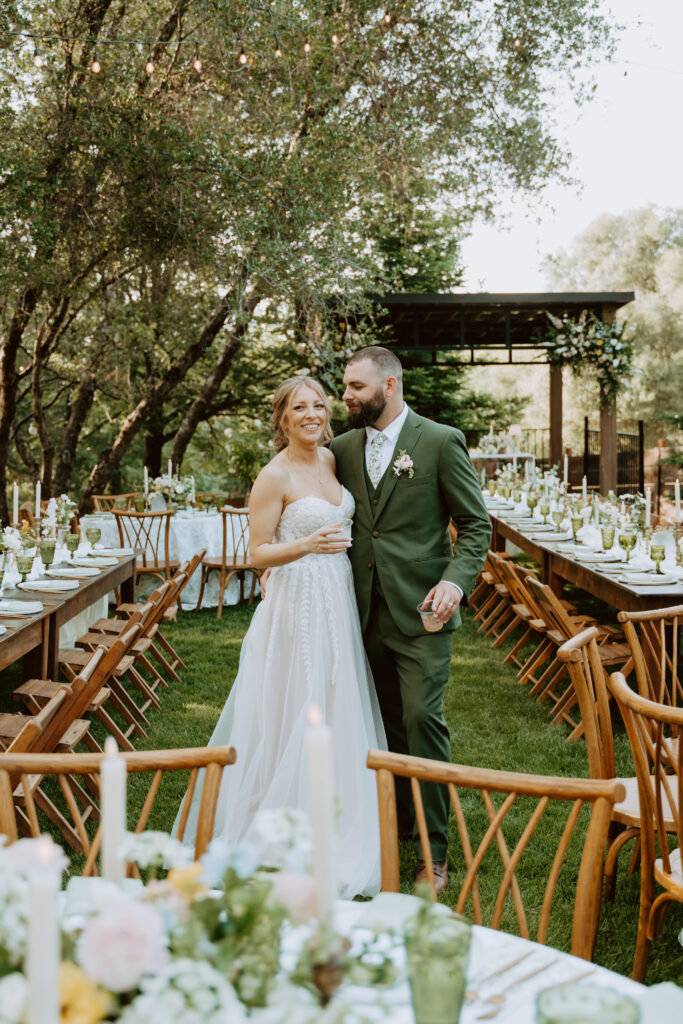
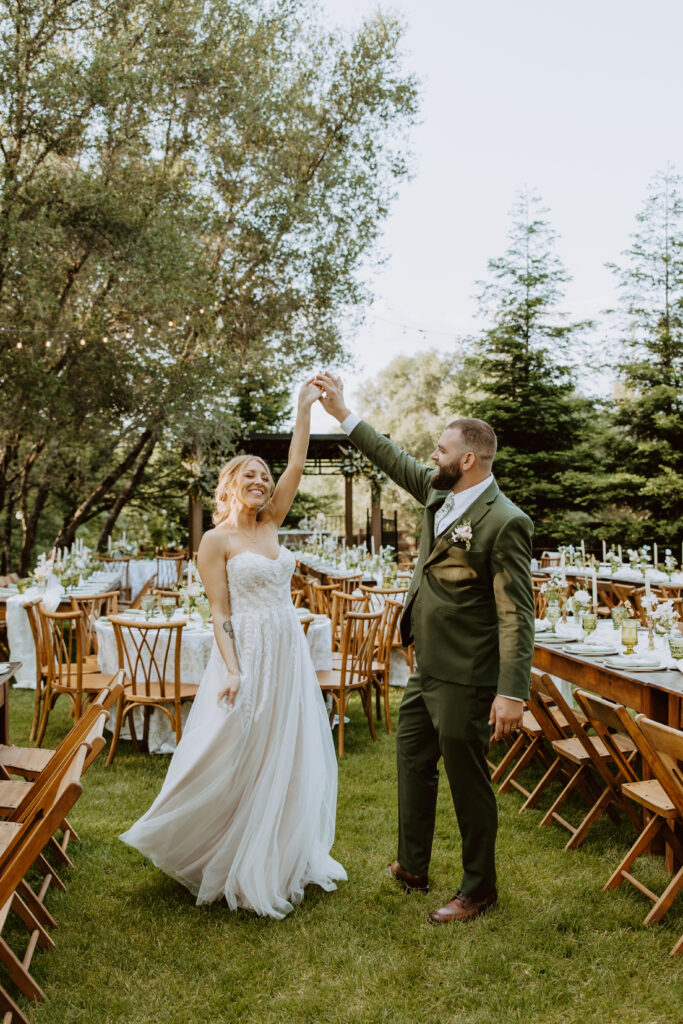
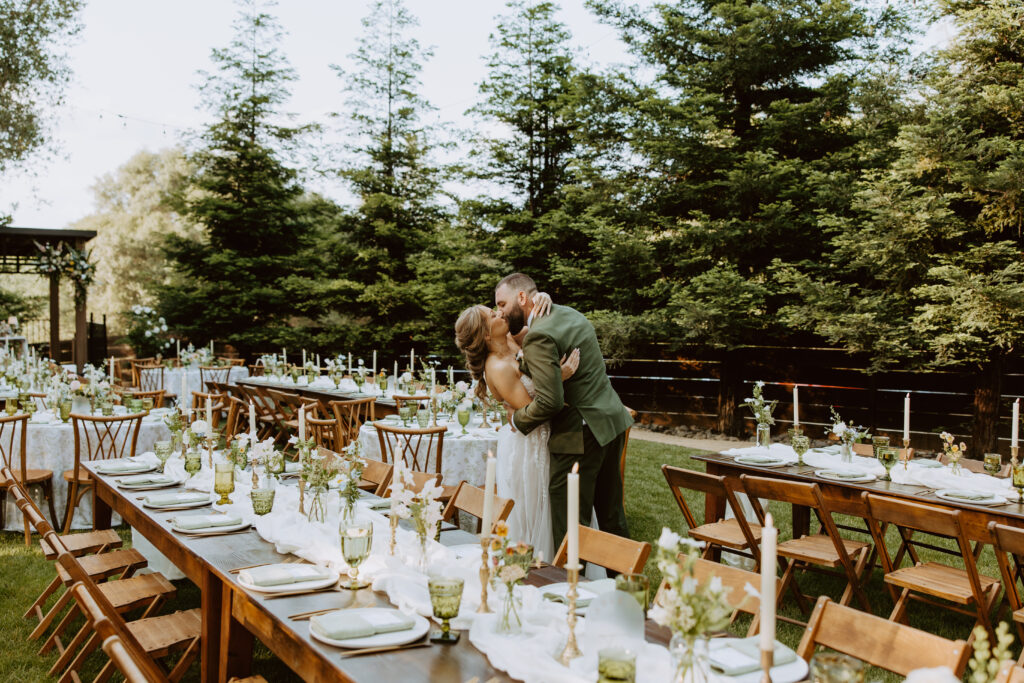
This exact dynamic played out beautifully with our recent clients, Jen and Howard. They thoughtfully planned the major pieces themselves, from personally booking all their vendors to collaborating with a third-party rental house and design company that provided their rentals, linens and offered valuable design suggestions. What truly made their day unique was their hands-on approach to every DIY project, from crafting all the wedding signage to lovingly preparing their homemade moonshine and jam favors for a personalized display. Our role as coordinators was to step in, ensure every single one of their intricate plans and creative touches came together seamlessly on the day.
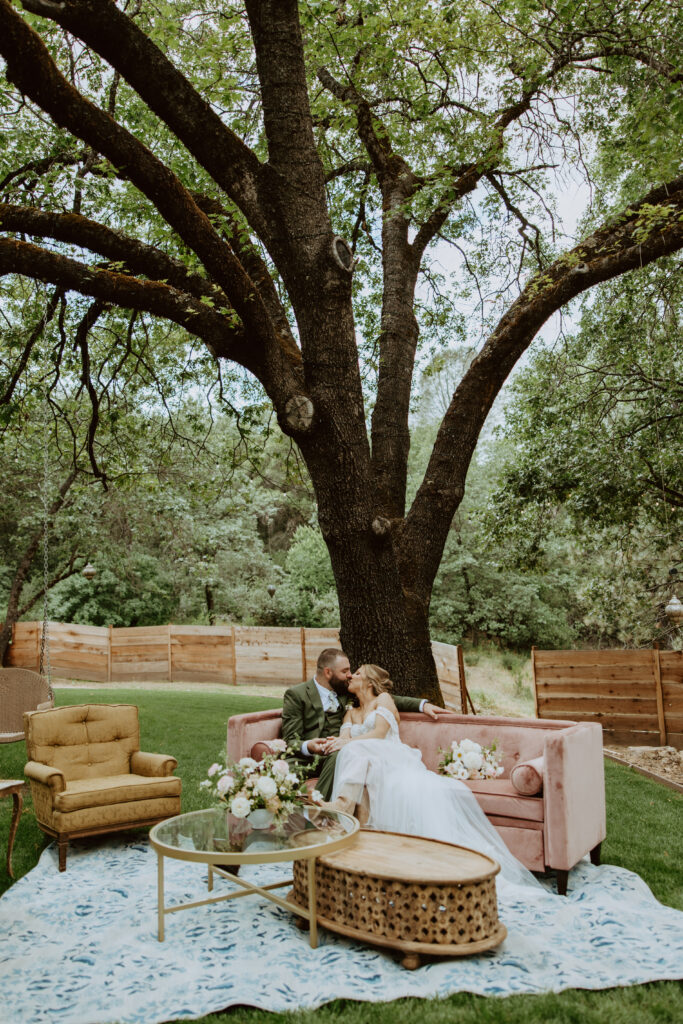
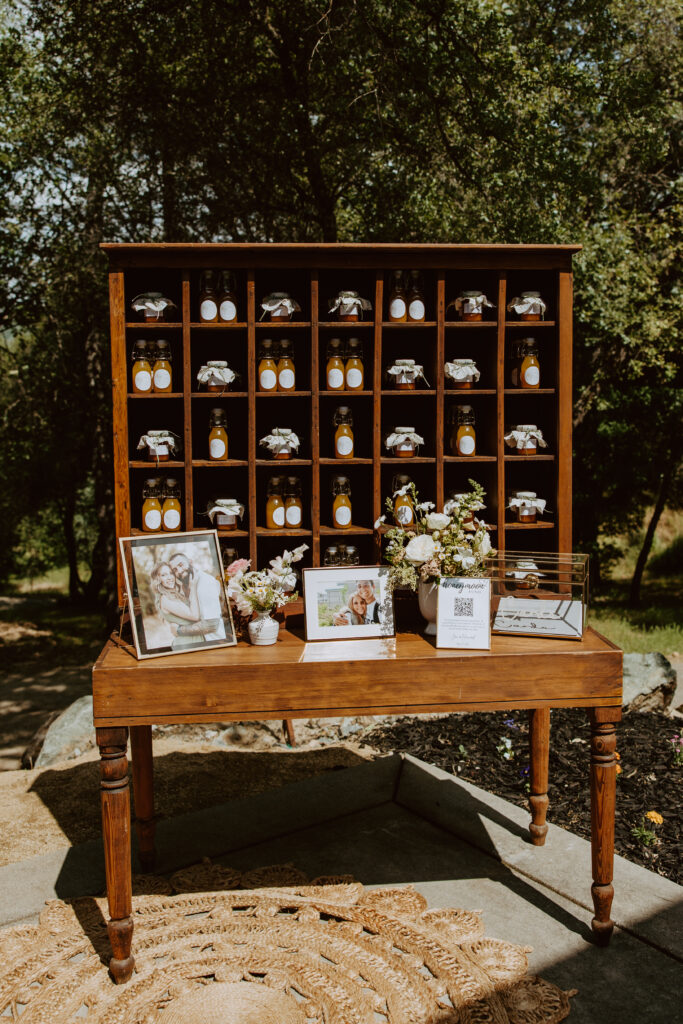

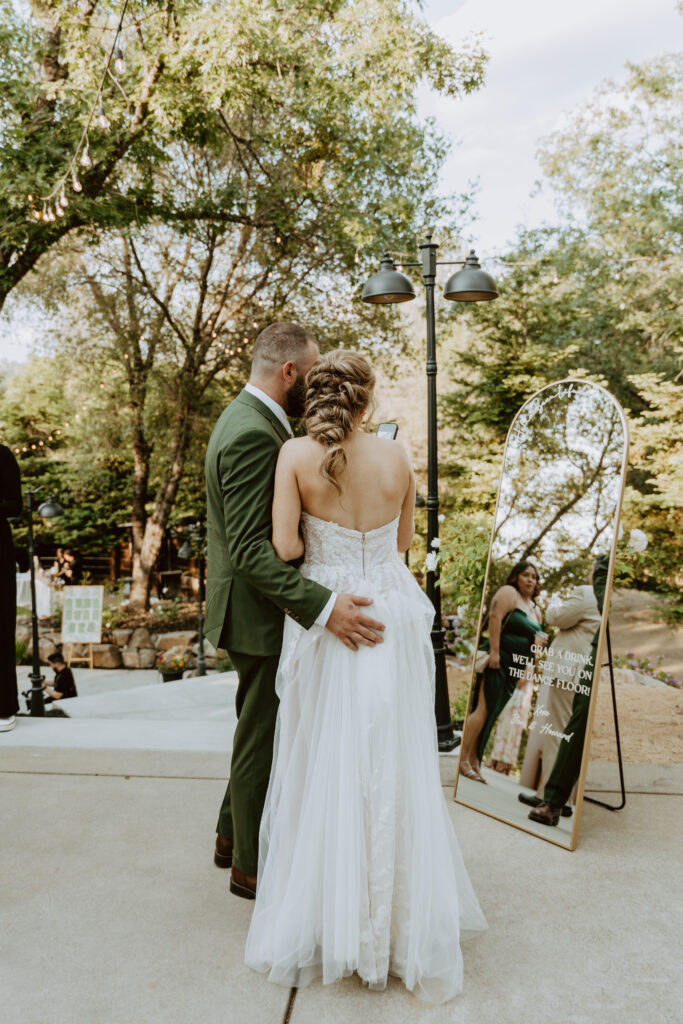
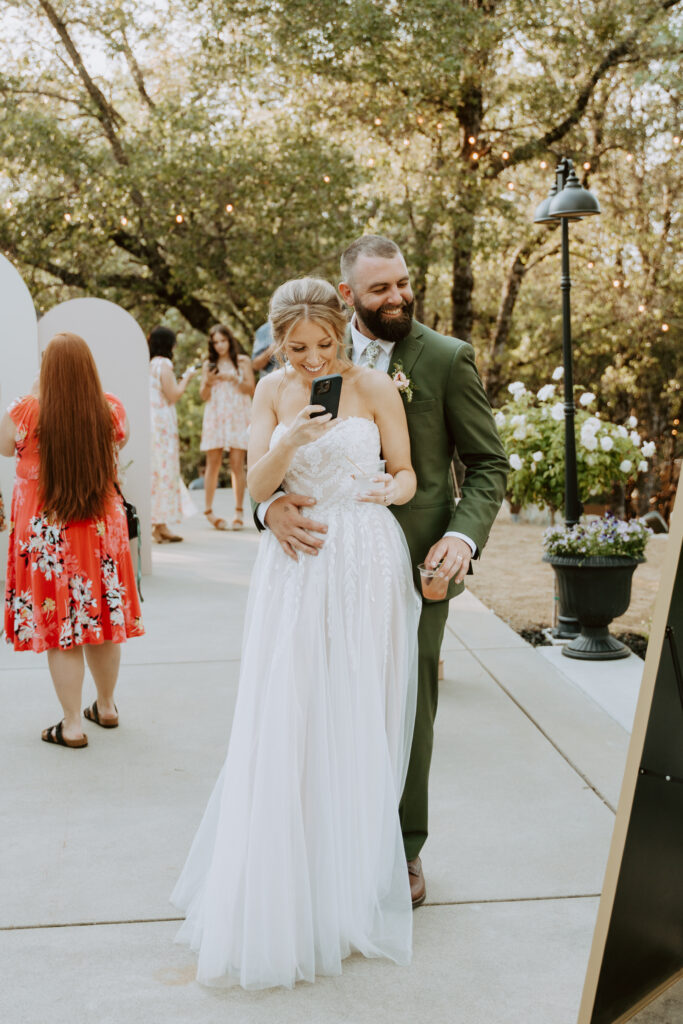
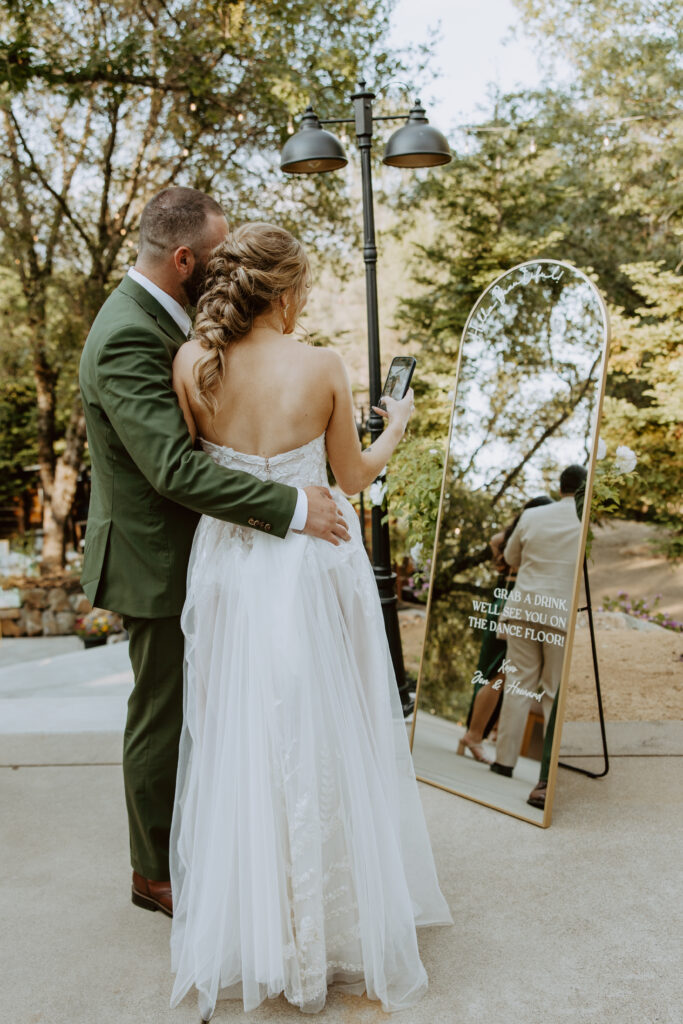
Ultimately, whether you hire a full-time planner or a coordinator, the goal is the same: to create a beautiful, stress-free celebration of your love. Knowing your preferences, your time availability, and your budget allows you to make the smartest choice for your unique wedding journey.
